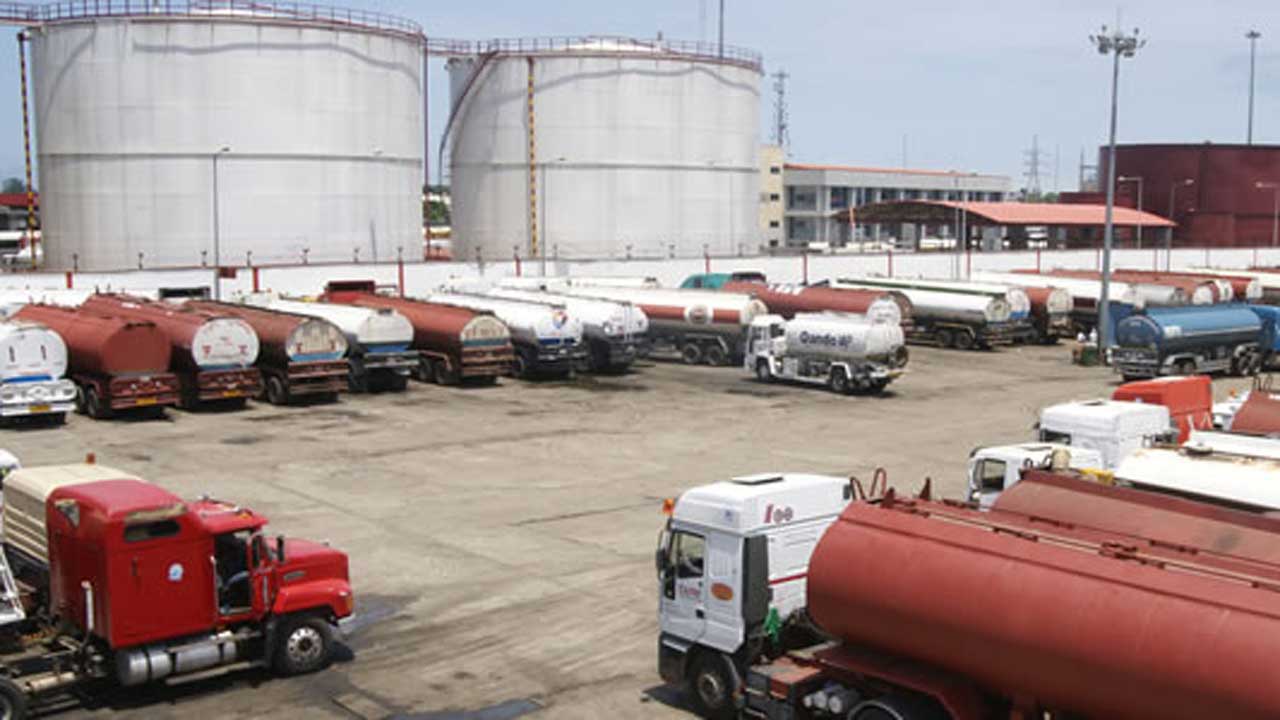The National Bureau of Statistics (NBS) has disclosed that the volume of petrol imported into the country in the first three months of the year rose by 9.24 per cent, compared to the same period in 2019.
The data from NBS showed that the country imported 5.32 billion litres in Q1 2020, up from 4.87 billion litres in Q1 2019.
A total of 5.61 billion litres were imported in Q2; 5.09 billion litres in Q3, and 5.26 billion litres in Q4 of 2019.
Nigeria, Africa’s largest oil producer, relies largely on importation for petrol and other refined products as its refineries have remained in a state of disrepair for many years.
The Nigerian National Petroleum Corporation has, until recently, been the sole importer of petrol into the country for more than two years, after private oil marketers stopped importing the commodity due to crude price fluctuations, among other issues.
The refineries, located in Port Harcourt, Kaduna and Warri, have a combined installed capacity of 445,000 barrels per day but have continued to operate far below the installed capacity.
Aside from petrol, a total of 1.66 billion litres of automotive gas oil (diesel) in Q1; 258.27 million litres of aviation fuel; 28.33 million litres of low pour fuel oil, and 135.14 million litres of liquefied petroleum gas were imported into the country in Q1.
According to the NBS, 5.36 billion litres of petrol, 1.56 billion litres of diesel, 8.73 million litres of household kerosene, 283.90 million litres of aviation fuel, 23.36 million litres of LPFO and 290.24 million litres of LPG were distributed nationwide during the period under review.
READ ALSO: Passengers with malaria, cold may not be allowed to board- Aero
In a related development, crude oil exports from Nigeria to Europe have been the lowest in two years, according to Refinitiv Eikon data, while volumes of cheaper US light oil hover near all-time highs.
But traders said with the US West Texas Intermediate firming in Europe to around $1 above dated Brent, Nigerian grades at around the same price were coming into play.
Reuters reported on Thursday that with more cars taking to the roads as coronavirus lockdowns ease, demand for lighter, sweeter oil more suitable for refining into gasoline was ticking up.
European refiners especially are moving away from sour varieties like Russian Urals, which have risen in price since a supply cut pact by producer countries made the grades scarcer, towards alternatives such as WTI, West African grades, CPC Blend and Azeri oil.












